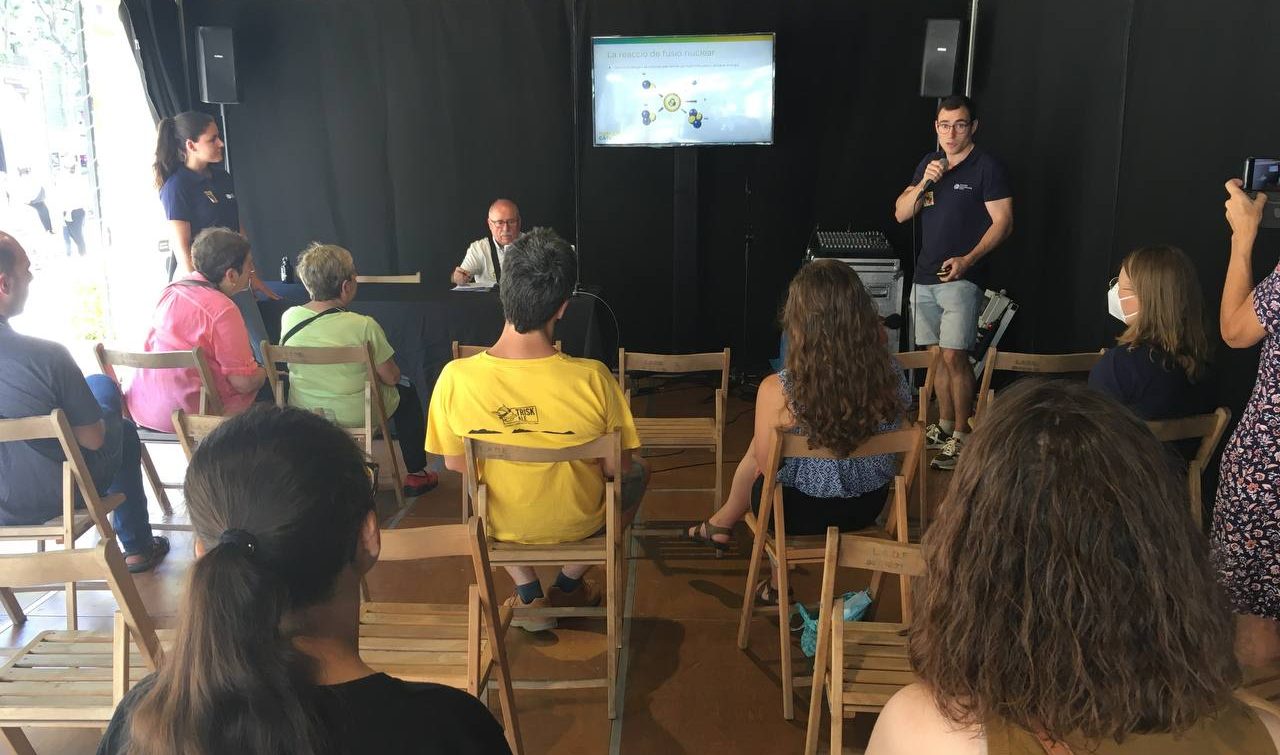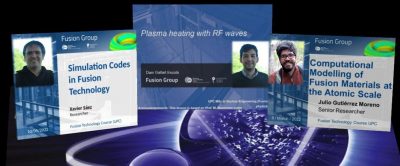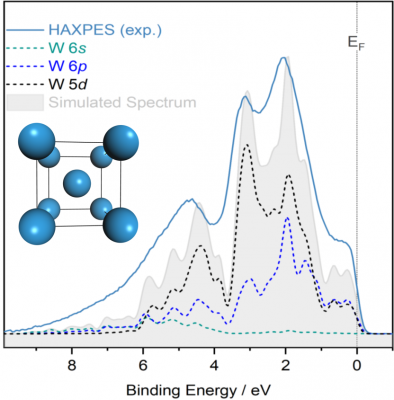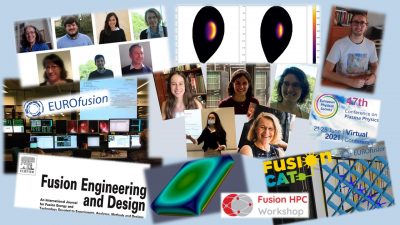
The development of new Tokamak concepts based on a very high magnetic field gives rise to the possibility of a new generation of compact systems and creates the opportunity to approach a family of fusion systems beyond the state of the art and thereby initiate the transition from huge machines to smaller systems compatible with concepts such as distributed generation, with less impact on the environment.
In the development of fusion systems, in addition to the conceptual evolution of elements towards new options, such as the “liquid blanket” for example, it is necessary to introduce new materials and new technologies for the construction of suitable magnets to obtain sufficiently intense magnetic fields, since low-temperature superconducting (LTS) materials are not valid for operating at the 20T [1] level required for the new designs. The quality of cables based on LTS superconducting materials is very high, as are the coils based on them [2], but LTS materials are one of the limiting factors in achieving the field values required for the new generations of compact reactors with lower cost and lower impact.
Read more






